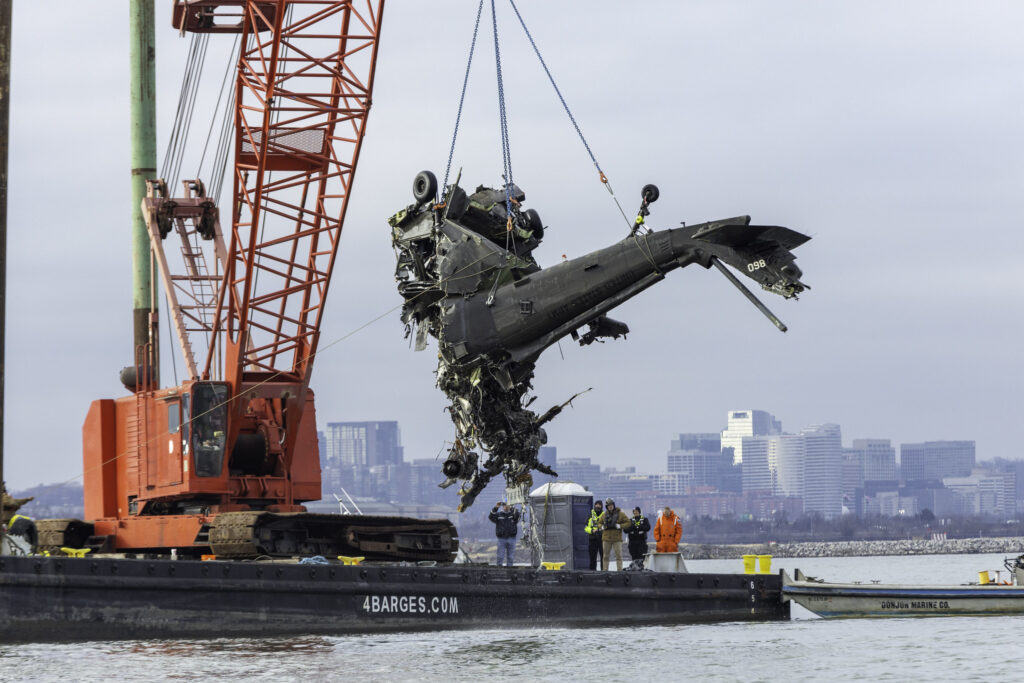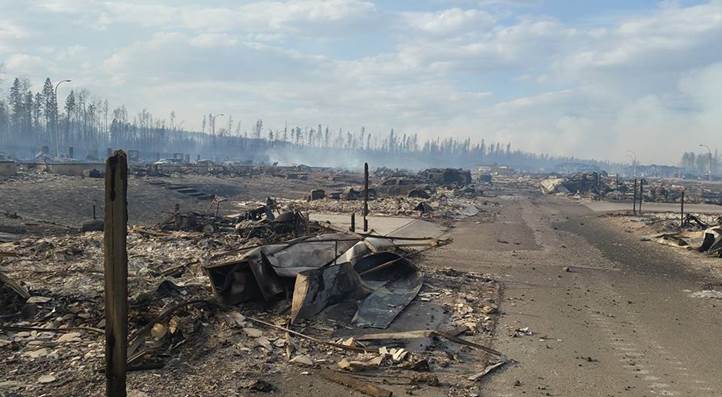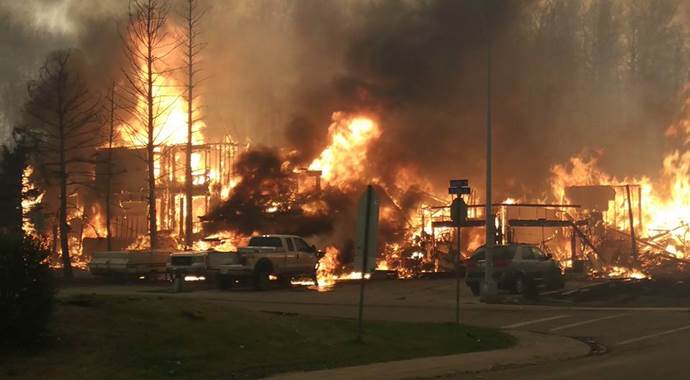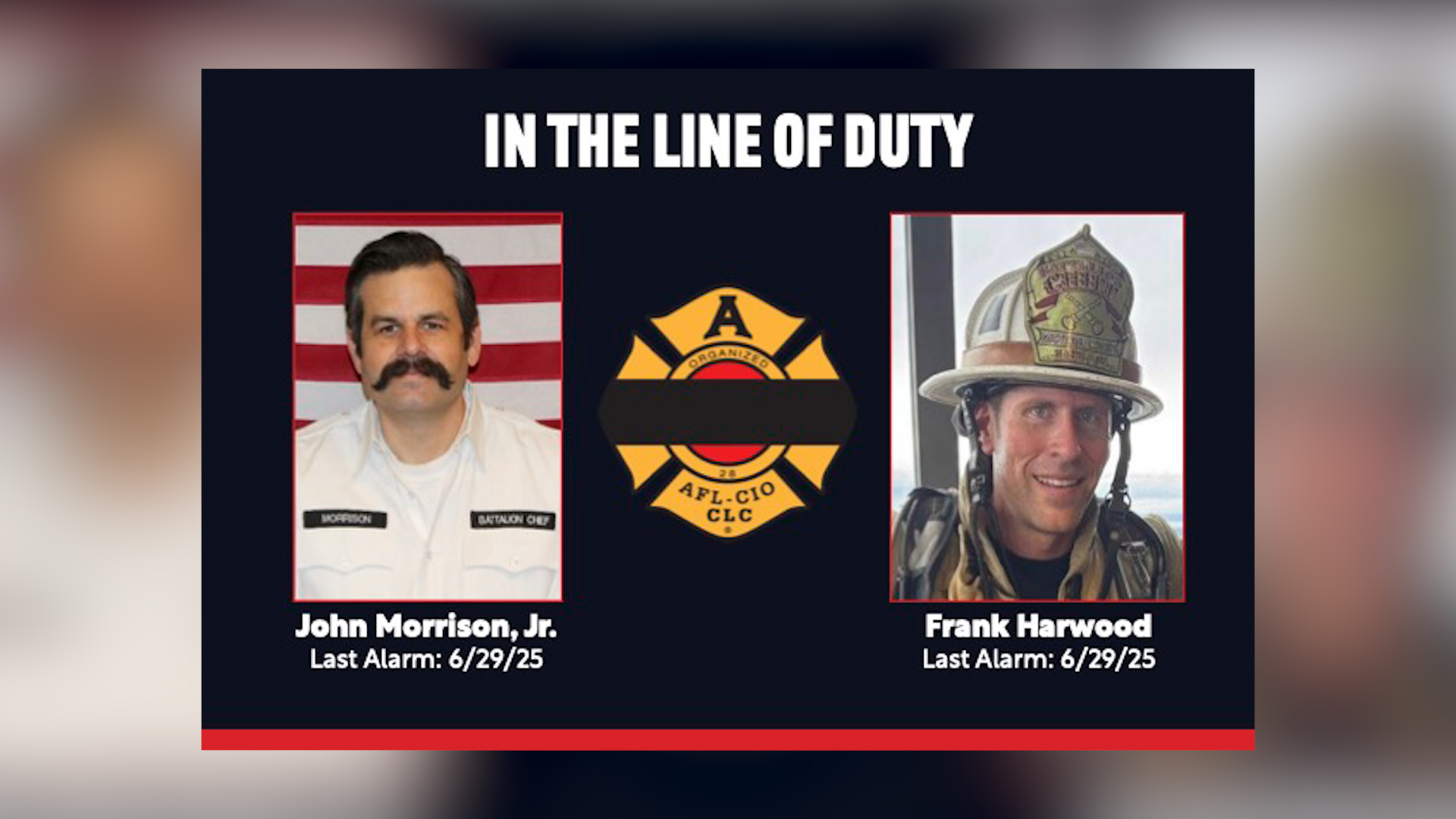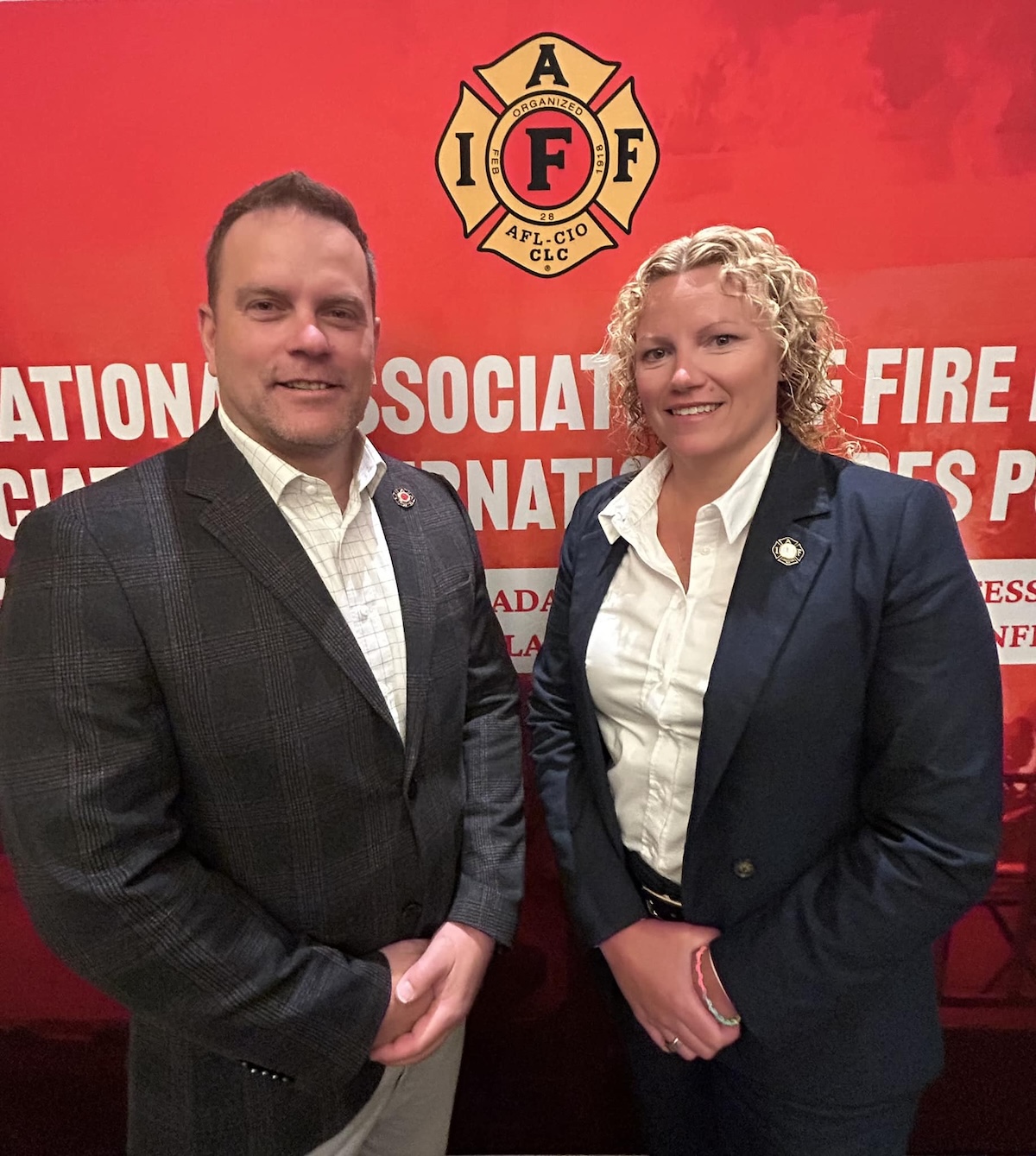Daniel Brong was off duty Jan. 29 when a Blackhawk helicopter collided with a commercial airplane near Reagan National Airport. It wasn’t long before he would tell his family he had been called to the scene.
Fire fighters and emergency medical workers from and around Washington, D.C., were on site assisting with recovery efforts. The chance of finding survivors was extremely low, and the crash ultimately claimed the lives of all 67 people on the aircrafts.
Trauma of this magnitude has a far-reaching impact, from first responders and families of the victims to surrounding communities and beyond.
First responders’ children are certainly affected as well. But how should first responder parents talk to their kids about events like this and the dangerous things they do on the job every day?
Brong, a peer support coordinator for Washington, DC Local 36, was on site to support any first responder who needed help processing what they saw. First, though, he had to tell his family he was being called to the scene and had no idea how long he would be gone.
“First responders know that, at some point, they will have calls like this. So, it’s good to have a plan,” he said. “When the kids are young, it will probably be good enough to say, ‘Daddy is going to help people and he’ll be back when he’s done.’ But with something like this crash that will have some media attention, it is also a good idea to limit their exposure to the news.”
WHAT TO SAY – AND WHEN
The IAFF behavioral health staff has developed several guides that offer guidance on talking to kids about issues that can come with the fire service.
Tough Talk: Talking to your kids after a disaster discusses the importance of keeping your children’s ages in mind.
For example, kids under six may not need much in the way of explanation, but it is important to keep their routines as normal as possible. However, as kids age, more details can be shared.
Parents also need to be prepared to answer questions with age-appropriate answers. IAFF behavioral health experts say answers don’t have to go into great detail but should be honest.
Mike Carter, 6th District Vice President and a 27-year veteran fire fighter with the Calgary (Alberta) Fire Department, has responded to just about every kind of emergency or disaster there is – flooding, wildfires, even a tsunami.
Even when our kids were younger, they were curious about what I did on the job. I told them as much as I could, but some things we see would be too much for young kids to process. So, I did limit what I said to protect them.
6th District vice President Mike Carter
“Even when our kids were younger, they were curious about what I did on the job. I told them as much as I could, but some things we see would be too much for young kids to process. So, I did limit what I said to protect them.”
Carter’s wife, Leah, said it was always important to make sure their kids knew dad was going to be okay.
“Bigger disasters like the Ft. McMurray wildfires in 2016 were being talked about in the schools. I did everything I could to reassure them that he would be alright,” she said. “We always called him ‘Sergeant Safety’ around the house to reinforce to them that he knew how to be safe even in dangerous situations.”
She also acknowledged there are certain things she and the kids didn’t need to know, so setting boundaries is a good idea.
“He once came home with a helmet that had turned black from the heat. He asked me if I thought it was cool and I said, ‘No, because your head was in that.’” she said. “These are the kind of things that I don’t need to know.”
Brent Williams, who often serves as a spokesman for Halifax, NS Local 268, has an 11-year-old daughter and a son who will be two years old next month.
Williams’ son was born May 26, 2023. The wildfires broke out two days later in the Hammonds Plains and Upper Tantallon communities, displacing more than 16,000 residents at its peak. The Williams family was among those evacuated, finding shelter at his in-laws’ home.
Despite being on parental leave, Williams was called in on mandatory recall.
“My family knows that my job is great when it’s great and terrible when it’s terrible. My son is still too young, but my daughter is old enough to know how dangerous my job is. The wildfires were scary for her, so she had a lot of questions,” Williams said.
He also explained he and his fellow fire fighters have had extensive training on how to keep each other safe in dangerous conditions. “I assure her that no matter how dangerous it looks on television, that I am prepared to deal with it,” he said.
A BALANCED APPROACH
Dr. Rachelle Zemlok, a licensed clinical psychologist who specializes in therapy and support for first responder families, said she supports this open and honest approach.
In her article, The Power of Family and Connection posted on the IAFF website, Zemlok says that while it may be tempting for fire fighters to shield their families from traumas they experience on the job, it is ultimately detrimental for the mental wellbeing of the fire fighter and their family.
Instead, she favors a more balanced approach.
“Share your experiences in a way that’s honest, but considerate of your loved ones’ feelings,” she wrote. “By sharing your experiences, both good and bad, you can alleviate the emotional burden and stay connected to those who care about you.”
Share your experiences in a way that’s honest, but considerate of your loved ones’ feelings,” she wrote. “By sharing your experiences, both good and bad, you can alleviate the emotional burden and stay connected to those who care about you.
Dr. Rachelle Zemlok
Wildland fire fighters face unique challenges, often being away from their families for days or even weeks at a time.
Curtis Nagel, the CAL FIRE Local 2881 4th District Vice President, has been on the job for 23 years and is the father of two daughters, ages 12 and 9.
“Pre-planning and structure are very key because we don’t have time to talk about it when I get called away,” Nagel said. “We limit our daughters’ exposure to the news to help any anxieties they might have. But if they do have questions, we answer them. But we do leave out the most traumatic details.”
Maintaining routines also helps ease the minds of kids while dad is on call. Nagel says that mostly falls on the spouse.
“Once the calls come in, our minds switch to the mission. But life keeps going even when we are not there,” he said. “Unfortunately, this means that the spouse has to be the one to get them to their after-school activities and make sure homework is done and dinner is on the table. That is because we cannot guarantee that we will always be available for those things.”
IAFF Peer Support resources and behavioral health guidance are available here.
